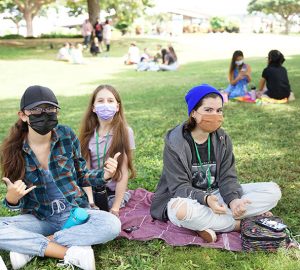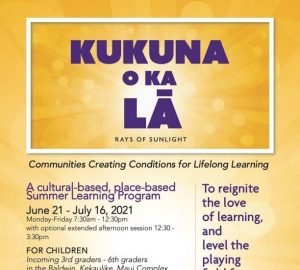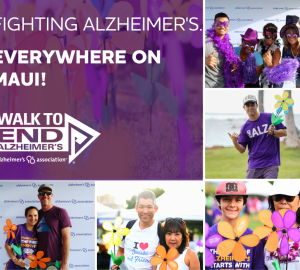Science Camps of America
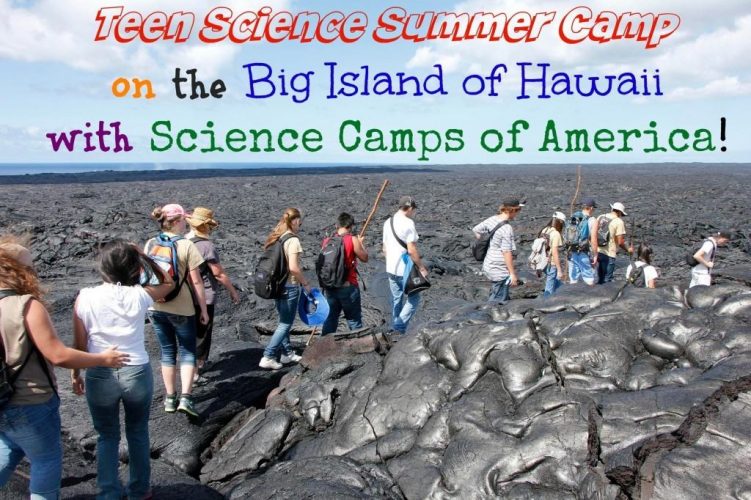
www.scicamp.org
Science Camp for Teens
Land & Sea Camp
July 1-10, 2019.
At Land and Sea Camp campers engage with volcanoes (geology), the ocean (oceanography), the forest (biology, zoology), and the environment. You will visit Kilauea, the world’s most active (and easily studied) volcano. You will see footprints in hardened ash that are over 200 years old. You will see one of the world’s greatest mineral collections and visit beaches made entirely of minerals. You will learn not just about the events that take place in the natural world but experience first-hand how they affect plants, animals, and humans. The Big Island of Hawaii is the world’s greatest laboratory for Earth Science. Join us!
Ages:
13 to 17
Dates:
July 1-10, 2019.
Location:
Pahala, Hawaii Island
Website:
scicamp.org
Air & Space Camp
July 11-20, 2019.
At Air and Space Camp you will have opportunities to learn about Earth’s atmosphere, about climate, and about astronomy, and about space exploration. You will visit observatories and the centers where astronomers and climate scientists work. You will learn how scientists study concentrations of substances in our atmosphere. You will see alternate energy development in action and gain a better understanding of climate change and be better prepared to participate in the solutions to the challenges you will face. The Big Island of Hawaii is the ideal location for experiencing the air and space sciences. Join us!
Grades 8-12 / Ages 13-17
July 11-20, 2019
Location:
Pahala, Hawaii Island
Website:
scicamp.org
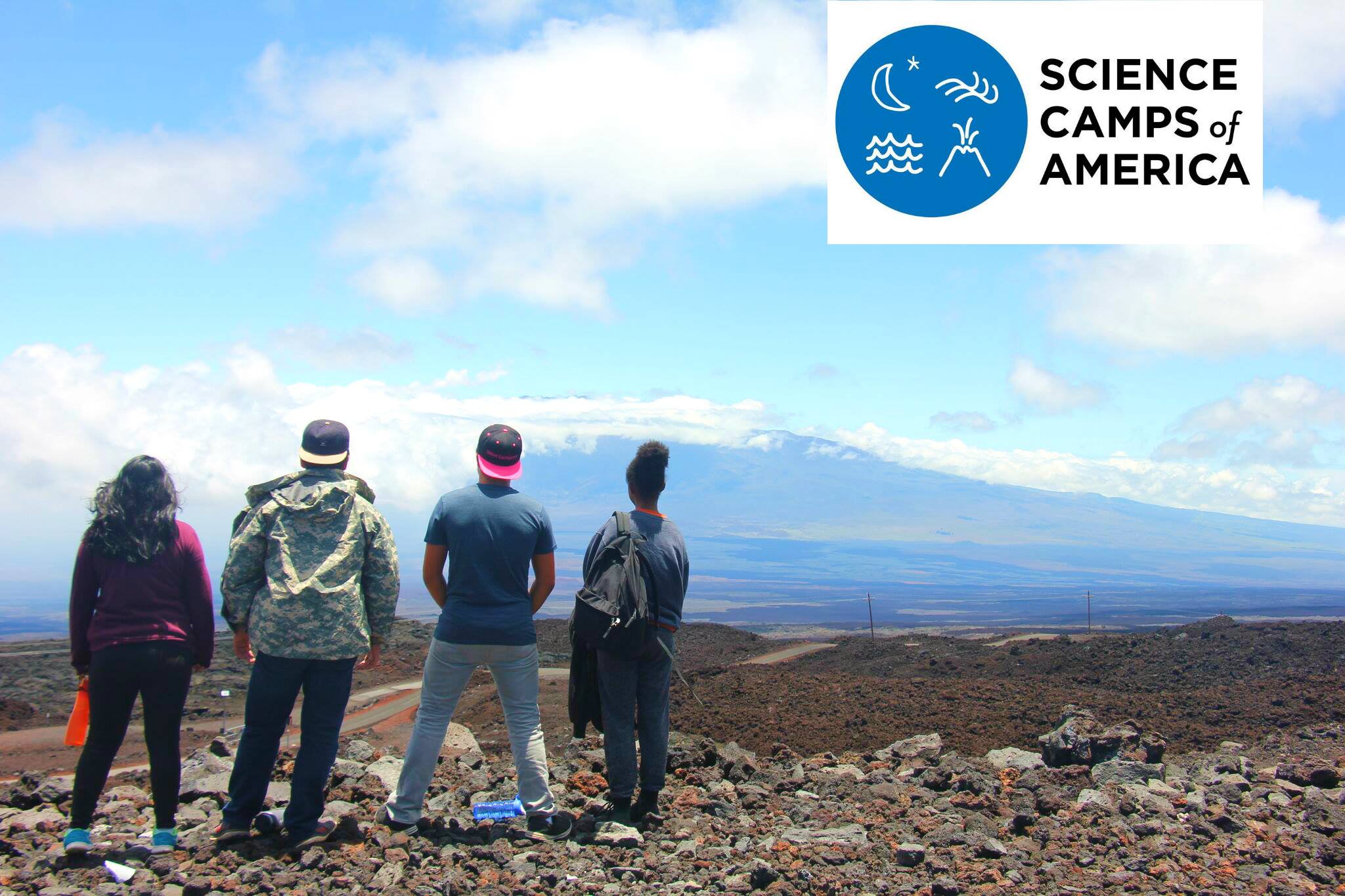

Why Summer Camp?
Summer camp provides many benefits to campers and to their families. Benefits that last long beyond summer. We cannot say it any better than Jeff Merhige, the executive director at YMCA Camp Kern:
“Camp is an independent experience that shapes one’s character and life – a controlled, safe environment where children and youth are able to make their own decisions about simple things (what activity they want to do, how many s’mores they want to make, or what clothes they are going to wear) and about important things (who they will hang out with . . . who will be their friends).”
From: Why the World Needs Summer Camps: An Essay To Parents
Why Science Camp?
Science is the world around us, and what better way to learn about our world than to experience it first-hand. Science Camps of America takes science out into the field giving campers the opportunity to experience it, learn and do science – intensively and hands-on.
Why Science Camps of America?
As a parent, you want to know not only what your child will be doing at camp, but also what they will bring home from it (besides dirty laundry!). What we expect campers to take away from camp:
- A better understanding of what it means to be a scientist, what the work is like, what equipment scientists use, and the many possibilities that exist for a career in science.
- The positive experiences associated with summer camps that emphasize personal skills development that everyone needs, including the ability to make decisions, self-confidence, personal communication, and the development of a richer, more stable identity.
- New friends and new memories they will remember and value throughout their lives.
- Greater understanding of Earth science, how the Earth was formed, its internal structure, its systems, and geological time.
Health and Safety
Camper safety is a top priority. Our staff are trained in first aid, CPR and AED use and our camp is located less than half a mile from the Emergency Department at Ka’u Hospital.
Part of the camp’s curriculum includes hiking through various terrains including rain forests, desert, cooled lava flows, and rocky terrain of varying types. While some risk is unavoidable, all practical precautions are taken to ensure camper safety at all times. Campers are required to wear appropriate safety attire where necessary. For example, when hiking over old lava flows, campers may be required to wear long pants, boots, gloves, and kneepads.

